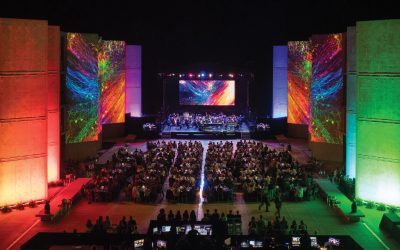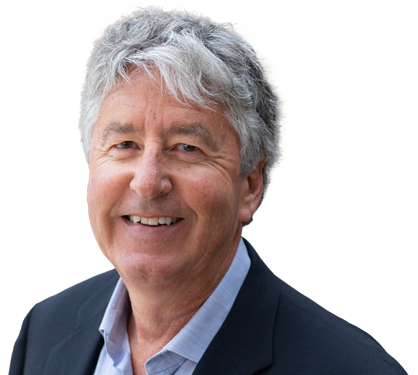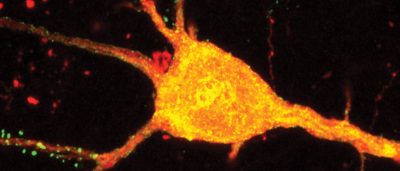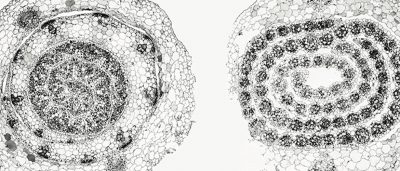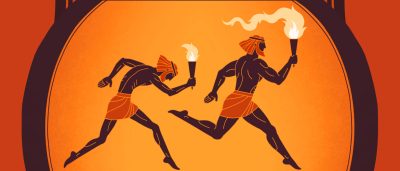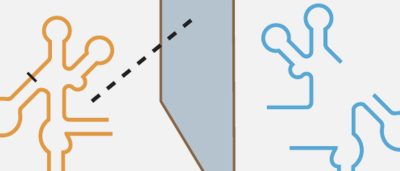Frontiers
Connecting the dots—From the immune system to the brain and back again
By collaborating across disciplines like genetics, neuroscience, and immunology, Salk scientists are uniquely positioned to lead us into a future of healthier aging and effective therapeutics for Alzheimer’s.
In Memoriam
Salk mourns the loss of Joanne Chory
Salk Professor Joanne Chory, one of the world’s preeminent plant biologists who led the charge to mitigate climate change with plant-based solutions, died on November 12, 2024, at the age of 69 due to complications from Parkinson’s disease.
Observations
Talmo Pereira—From video game bots to leading-edge AI tools
Salk Fellow Talmo Pereira was introduced to computer science through the”fantasyland” of video games—now he uses his knowledge to create AI tools to advance our understanding of the body.
Insights
Kay Watt—From Peace Corps to plant science
At the heart of the Harnessing Plants Initiative is Program Manager Kay Watt who tackles all of the strategy, site operations, budgeting, reporting, communication, and outreach that keep the whole program on track.
Belonging
Salk summer programs bring equity and opportunity to the STEM career pipeline
Each summer, the Salk Institute welcomes groups of high school and college students to campus, where they gain experience and insight into careers in the biomedical sciences.
President’s Letter
“This issue marks the end of our ‘Year of Healthy Aging,’ but our commitment to this cause shows no signs of slowing down. Thanks to our generous supporters, Salk’s Unlocking Healthy Aging Initiative will continue to champion research on this topic for years to come.”
Discoveries
Spotlight
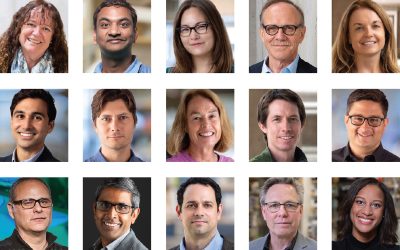
2024 Kavli Small Equipment Grant Program awards 15 scientists
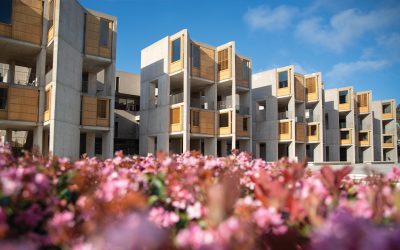
Salk awarded $3.6 million by the California Institute for Regenerative Medicine to advance research on brain aging
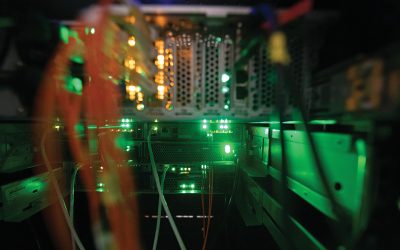
New Salk Science Network (SciNET) enables research collaborations with swift data transfers
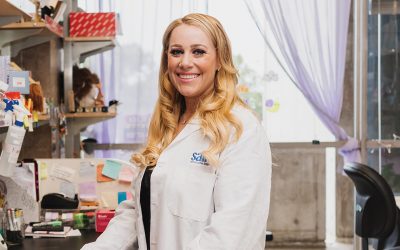
Professor Janelle Ayres named Howard Hughes Medical Institute (HHMI) Investigator
Events
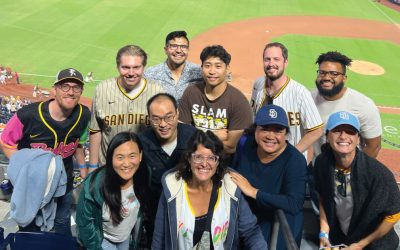
Salk Institute appreciates pre- and postdoctoral researchers
